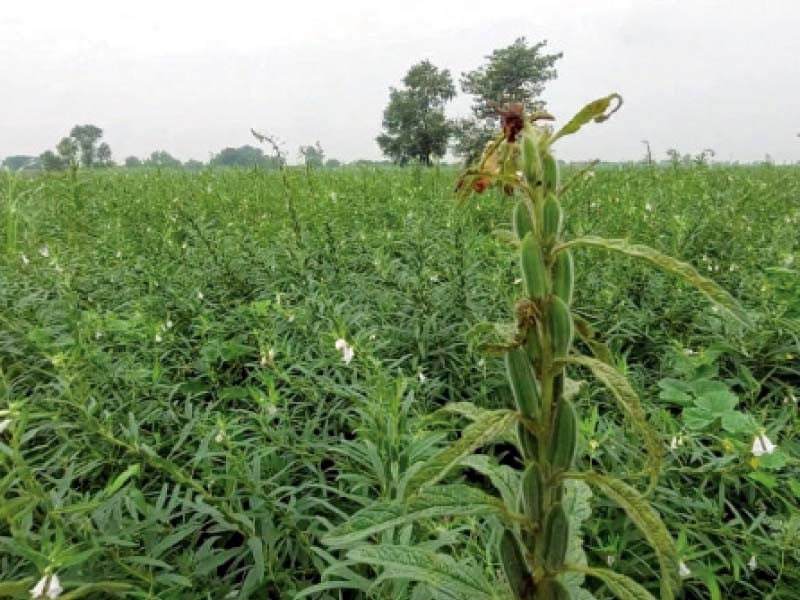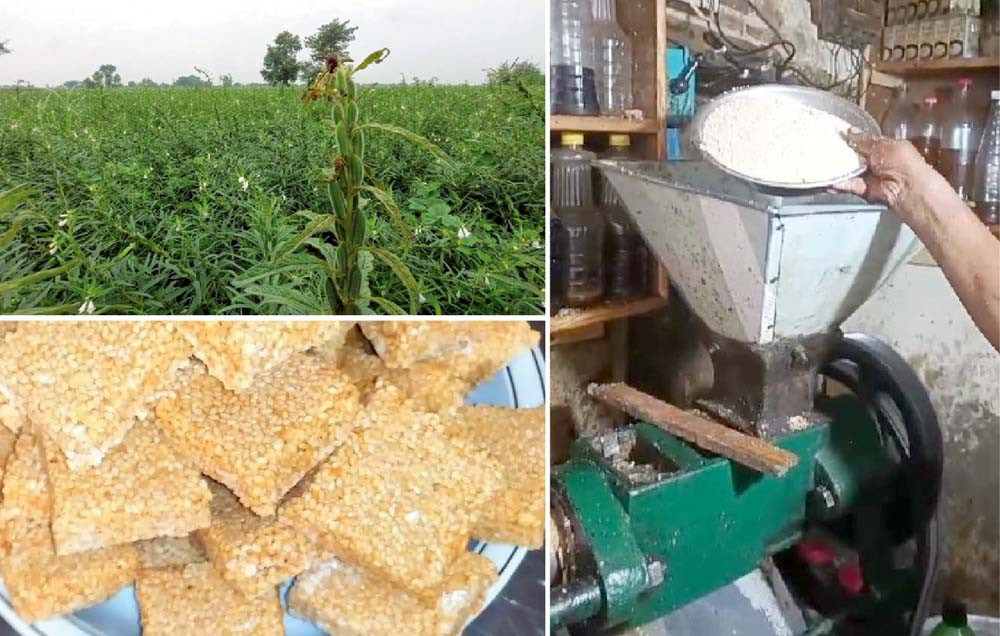
Sesame, an oily seed with a rich historical legacy in Asia, has been hailed as a nutritional powerhouse since ancient times. Not just a culinary delight, these tiny seeds possess qualities akin to meat.
Enriching various dishes and desserts, sesame comes in white, black, and red varieties, with black and white sesame gaining more prominence. Often overlooked, these unassuming seeds harbor a wealth of nutrients, including vitamins, minerals, natural oils, and organic compounds such as calcium, iron, magnesium, phosphorus, manganese, copper, zinc, fibre, thiamin, vitamin B6, folate, and protein.
Beyond their role in recipes, sesame seeds offer a plethora of health benefits. The nutritional profile of sesame seeds is diverse, making them a vital part of a balanced diet. The different varieties have distinct uses; for instance, white sesame is rich in calcium, aiding those with calcium deficiencies. While consuming white sesame should be done in moderation, its benefits for the skin and internal soothing properties are noteworthy.
Black sesame seeds, boasting iron content, prove excellent for combating anemia. Soaked, ground, and combined with milk, these seeds can alleviate anemia symptoms in a matter of days. Notably, the minerals and vitamins present in sesame seeds contribute to cancer prevention. A mixture of sesame seeds, almonds, and poppy seeds, accompanied by milk, serves as a weight gain strategy. These seeds also aid in breaking bedwetting habits in children when incorporated into til laddoos or til ki chikki.

Sesame’s significance extends to addressing issues such as pneumonia and asthma, as a combination of til and linseed seeds can alleviate symptoms. For women, half a teaspoon of ground sesame seeds with lukewarm water can alleviate menstrual problems. Moreover, the abundant calcium content in sesame seeds contributes to bone health and a well-functioning digestive system.
Aiding in diabetes prevention and boosting energy and metabolism, sesame seeds are a boon for hair and skin health due to their potent ingredients. Their role in reducing cardiovascular stress and their warming effects during winter highlight their versatility. Sesame seeds are not just nutritional gems but are also considered a dry fruit. Their natural oil is a treasure trove of health benefits, making them a preferred choice, especially in winter, for preventing infections and viral ailments.
On the agricultural front, sesame production technology is advancing, with varieties like TH 6, TS 5, NIAB Till 16, and Till 18 gaining popularity. The cultivation process, from drilling to irrigation, has been fine-tuned. Employing fertilizers, seed treatment, and irrigation, farmers can yield a successful crop.
In essence, sesame’s journey from being a nutritious culinary ingredient to a vital agricultural commodity is a testament to its multifaceted significance, transcending time and boundaries.
Published in The Express Tribune, August 13th, 2023.


1725967717-0/Untitled-design-(3)1725967717-0-165x106.webp)
1719925273-0/BeFunky-collage-(46)1719925273-0-165x106.webp)
1730412280-0/kamala-(3)1730412280-0-165x106.webp)












COMMENTS
Comments are moderated and generally will be posted if they are on-topic and not abusive.
For more information, please see our Comments FAQ